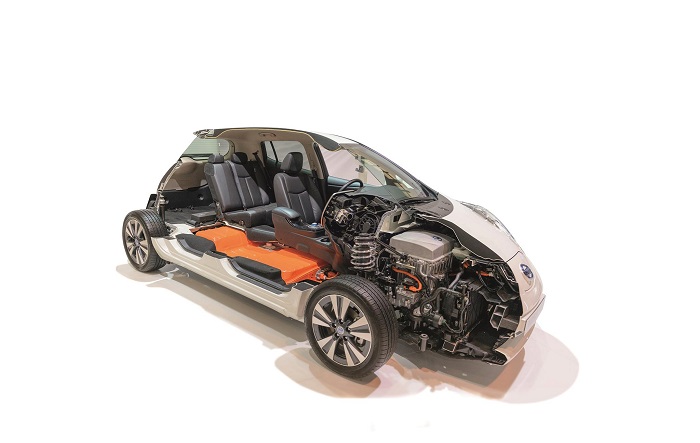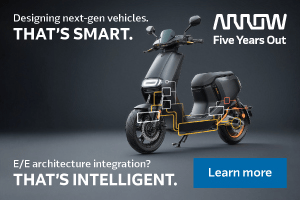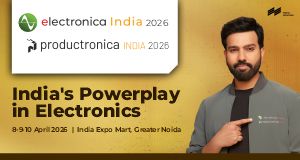With the aim to reduce the cost of electric vehicles, researchers from IIT have developed a new technology for an on-board charger for EVs that can cut one additional power electronics interface required for propulsion mode and, therefore, the components involved by 50%.
The technology has been developed at IIT (BHU), Varanasi, in collaboration with experts from IIT Guwahati and IIT Bhubaneshwar. According to the team, the lab-scale development has already been done at IIT (BHU) and up-gradation and commercialisation were in progress.
“The rising prices of petrol and diesel in the country is worrisome for the common man. Amidst the rising cost of petroleum products and rising pollution levels, EVs are the best alternative to conventional IC engines,” said Rajeev Kumar Singh, the chief project investigator at IIT BHU.
“But lack of high power off-board charging infrastructure forces automakers to incorporate onboard chargers into the vehicle itself. The vehicle owner can charge the vehicles through the outlet and hence, this leads electric vehicles to become very expensive,” he added.
In view of this, said Singh, the researchers have proposed an onboard charger technology, which can reduce one additional power electronics interface required for propulsion mode and, therefore, the components involved are reduced by 50%.
“The proposed charger is reconfigurable that can act as a charger for charging mode and inverter for propulsion mode,” he said.
Singh explained that because of this technology, the cost of the onboard charger will be reduced by almost 40-50% in comparison with the existing one. “The cost reduction in the charger will subsequently reduce the cost of the EV as well. In this way, the proposed technology is giving low-cost technology for EVs,” he said.
“The technology will be completely indigenous and will have a significant impact on driving electric vehicles on Indian roads in a big way,” he added.
IIT BHU Director Pramod Kumar Jain said the techno-commercial, social, economic and environmental impact of technology will also be positive.
“The technology will improve charging infrastructure and support the government’s mission to bring electric vehicles on Indian roads,” he said.
The research team said that one of the country’s leading electric vehicle manufacturers has shown interest in this new technology and is ready to develop a full-fledged commercial product that can be applied to existing electric vehicles, the team claimed without naming the company.







